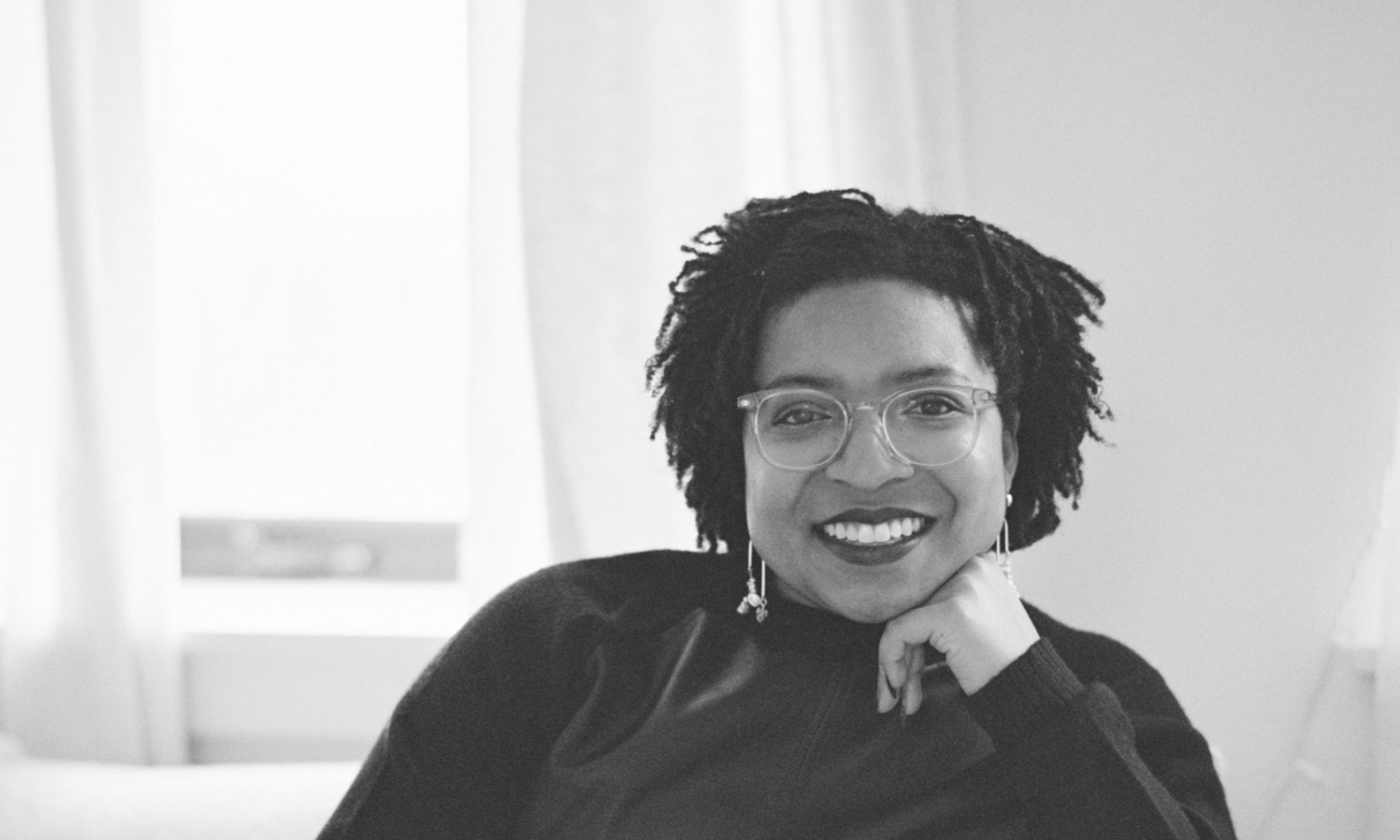A few things happened yesterday that got me thinking about this. The first is seeing this post by Jenna Wortham on Twitter. She is referencing the fact that many media companies are now realizing that they have created hostile work environments for black people.
the sad truth about this wave of media reckonings is that it feels way too late — so many talented Black journalists and media creators chose their sanity and moved on. grieving for all their careers / stories.— Jenna Wortham (@jennydeluxe) June 9, 2020
The second was an interesting conversation with my friend who mentioned that she didn’t understand why more white people did not see the importance of racial equality. I responded that this was probably a response born out of their own insecurity. For if there was racial equality and they didn’t have white privilege, where would they be? Would they be worse off than they are now? (answer is probably yes)
This got me reflecting on my own issues with imposter syndrome. And now I think I have a deeper clarity about what that means for me. So many black people have been excluded from racist institutions. As a result, so much greatness has been excluded from racist institutions. Because I have succeeded in spite of this, I am left with a less great competitive set. So my imposter syndrome comes not from the fact that I don’t belong with these other white people, it comes from the fact that maybe none of us belong. Maybe there is a completely different set of black, white, asian and latinX people who – if we had anti-racist systems – would be standing in our places.
So my imposter syndrome is actually not about me feeling less than great. I think I am pretty great actually. It’s about the sadness I have that I could be greater, could get better, could be more challenged if I was given the opportunity to compete with the best. And I believe that many, if not most, of the best are left out and/or pushed out because of racist policies and institutions.
None of us in any of our industries can write ourselves down as the best, the greatest or a member of the “midas list” until the industries themselves are anti-racist. To do the former before the latter is untruthful.
